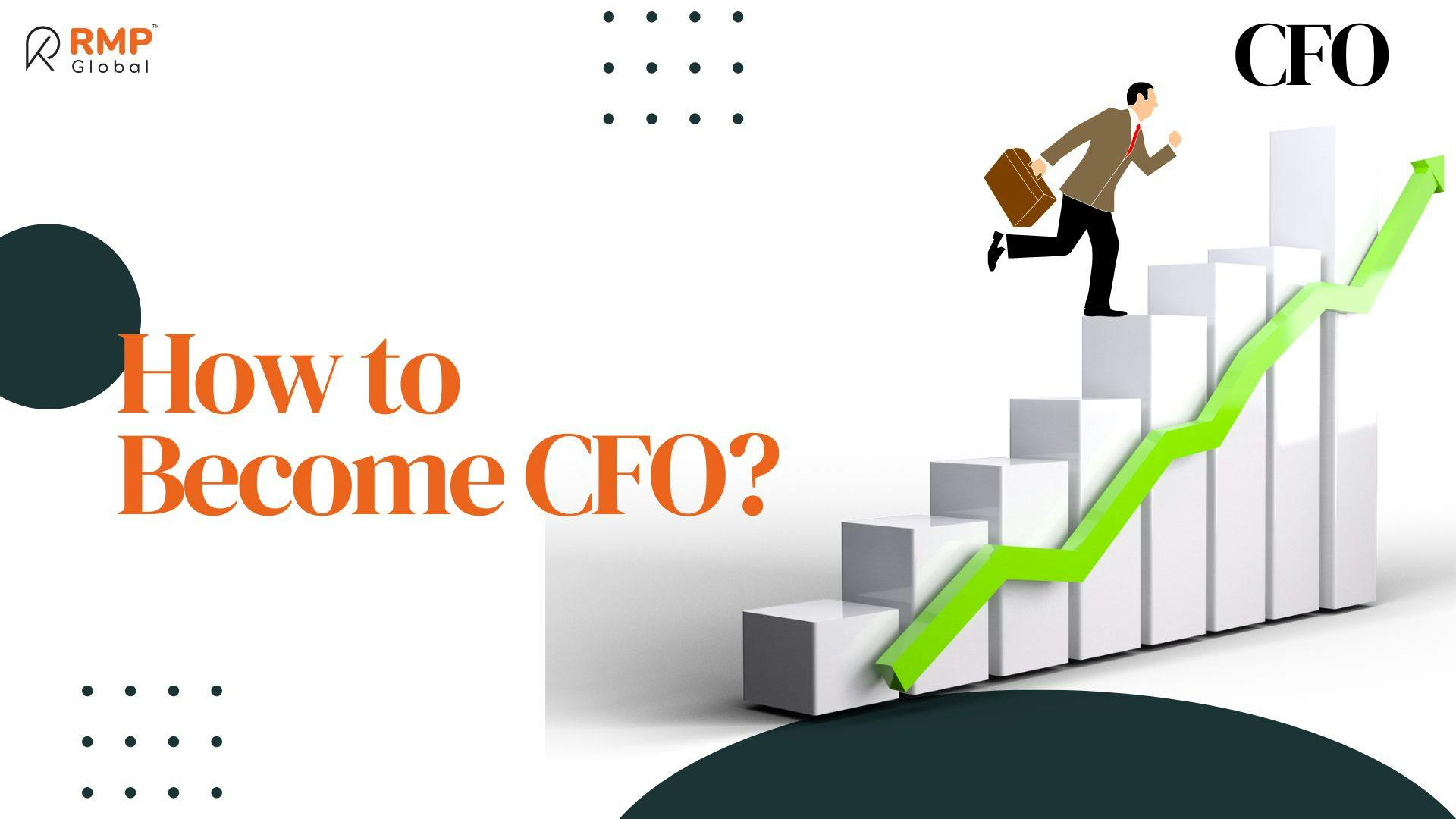
Share
In the dynamic world of finance, the role of Chief Financial Officer (CFO) stands as the epitome of leadership and strategic prowess. Becoming a CFO is a career milestone that requires a combination of education, skills, and strategic career moves. In this comprehensive guide, we will explore the essential elements that constitute the journey to CFO excellence.
1. Understanding the Role of a CFO:
Embarking on the path to becoming a CFO begins with a deep comprehension of the role's multifaceted responsibilities. The CFO is not just a numbers expert but a strategic leader, shaping the financial destiny of an organization. This section lays the groundwork by delving into the key expectations and nuances of the CFO position.
2. Educational Pathways:
The journey kicks off with a solid educational foundation. A bachelor's degree in finance, accounting, or a related field is often the starting point. Professional certifications, such as CPA or CMA, can add a layer of expertise. Advanced degrees, like an MBA or Master's in Finance, open doors to higher-level CFO positions.
3. Developing Essential Skills:
The path to CFO excellence involves honing a unique set of skills. Financial acumen is paramount, complemented by leadership and communication skills. As a strategic decision-maker, cultivating strategic thinking and staying technologically proficient are crucial aspects of skill development.
4. Gaining Experience and Career Progression:
The journey evolves through practical experience. Starting from entry-level positions, such as financial analyst or accountant, professionals ascend through mid-level management, gaining critical experiences. The transition to executive leadership and, ultimately, the CFO role is marked by strategic career moves and a comprehensive skill set.
5. Create useful connections:
Career networking is always useful as you build your profile and experience. You never know where a conversation may lead. People that you develop professional relationships with may lead to a great job opportunity that you might not have been aware of.
Conclusion: Becoming a CFO is a journey characterized by continuous learning, strategic career progression, and the cultivation of a multifaceted skill set. By understanding the intricacies of the CFO role, aspiring financial leaders can strategically position themselves for success. The path to CFO excellence is not just a career trajectory; it's a commitment to making a lasting impact on the financial landscape.
